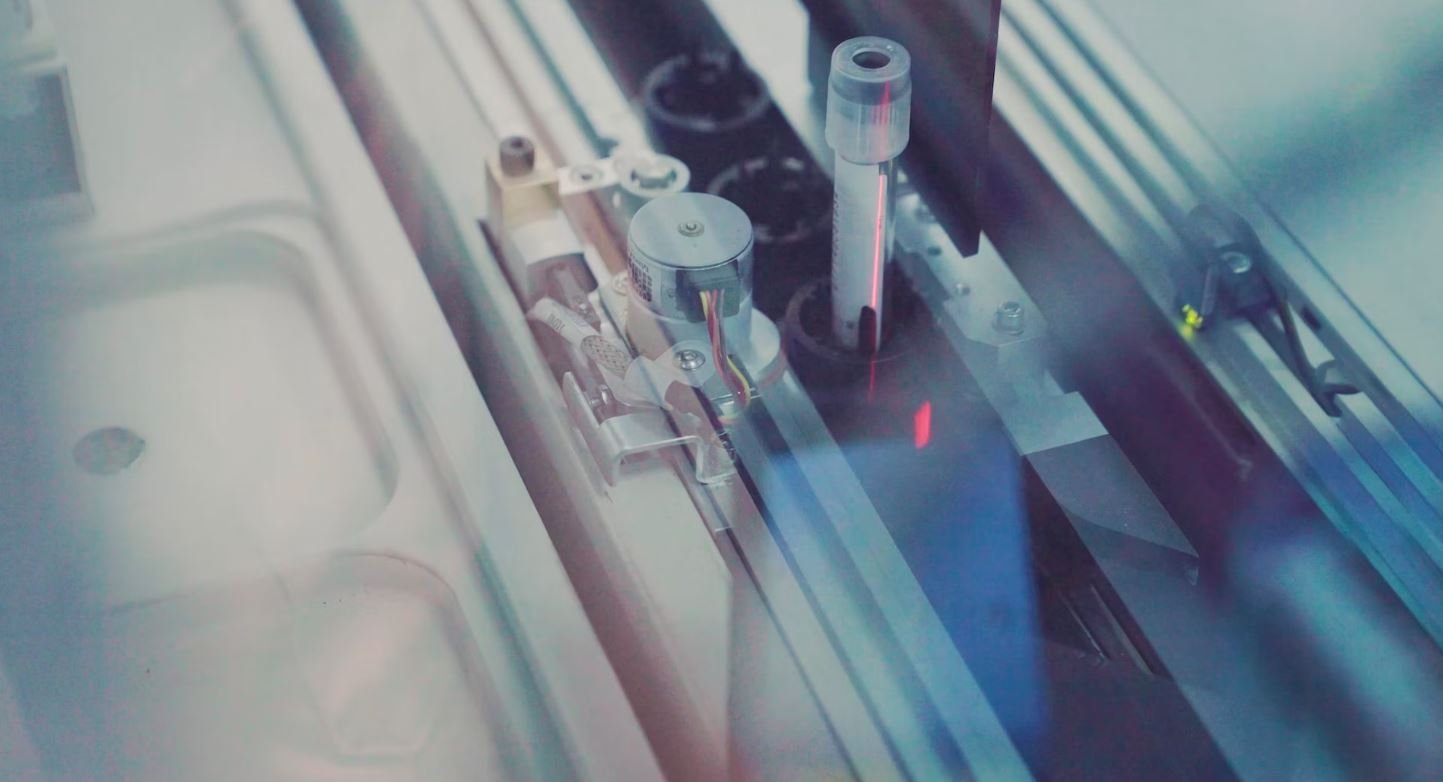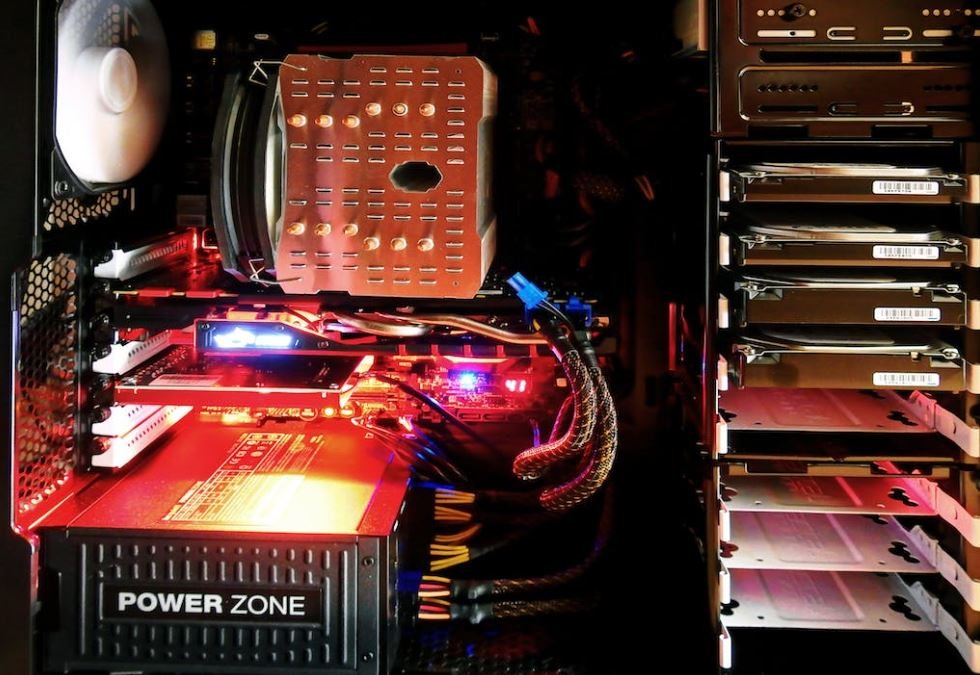Do AI Images Have Copyright?
With the rapid advancement of artificial intelligence (AI) technology, the question of whether AI-generated images have copyright has become a subject of legal debate.
Key Takeaways:
- AI-generated images may be protected by copyright if they meet the originality requirement.
- The legal ownership of AI-generated images is currently unclear and varies by jurisdiction.
- Creators of AI algorithms or datasets may have some rights, but it’s complex to determine the extent.
- Attribution and ethical considerations are important, even if legal protection is uncertain.
AI-generated images are produced by algorithms and neural networks trained on vast amounts of data. These images are created based on patterns and information learned by the AI system. While AI algorithms themselves cannot hold copyright, the images they create might be eligible for protection.
**AI-generated images may be considered original if they exhibit human-like creativity or involve significant human involvement in the creative process.** However, determining the level of human involvement required for originality is a complex task.
Copyright Law and AI Images
The legal status of AI-generated images is currently uncertain. Copyright law exists to protect creative works, but these laws were developed prior to the emergence of AI technology. As a result, they do not explicitly address the issue of AI-generated content.
**The ownership of AI-generated images can be complicated, with questions about whether it lies with the AI programmers, the AI system itself, or the data used to train the AI.** Different jurisdictions may interpret these ownership rights differently, resulting in varying legal outcomes.
While some argue that AI-created images lack the human element required for copyright protection, others acknowledge the significant human involvement in training the algorithms and creating the datasets. **This legal gray area adds complexity to the issue and highlights the need for updated copyright laws that reflect advancements in AI technology.**
Considerations for AI Image Usage
When it comes to using AI-generated images, it is important to consider ethical and attribution concerns, even if the legal protection is uncertain. Here are some things to keep in mind:
- **Attribution:** If you use an AI-generated image, it is good practice to acknowledge the source. This helps give credit to the creators of the AI algorithms or datasets.
- **Fair Use:** Consider whether your usage falls under fair use, which allows for limited use of copyrighted material without permission in certain circumstances such as criticism, comment, news reporting, teaching, scholarship, or research.
- **Ethical Implications:** AI-generated images can raise ethical concerns, such as the potential for creating realistic deepfakes or perpetuating biases present in the training data. It’s important to be mindful of these implications when using or sharing AI-generated content.
The Future of AI and Copyright
The intersection of AI technology and copyright law is a complex and evolving area. As AI capabilities continue to advance, it is crucial for legal frameworks to adapt and address the unique challenges posed by AI-generated content. **Clarity in copyright law will provide better guidance for creators, users, and developers of AI technology.**
| Country | Legal Status of AI Images |
|---|---|
| United States | Unclear, case-by-case basis |
| United Kingdom | AI-generated images may be protected if they meet the originality requirement |
**Table 1:** Overview of the legal status of AI images in the United States and the United Kingdom.
Various organizations and legal experts are actively discussing potential solutions, such as implementing a sui generis right specifically for AI-generated content or establishing clear guidelines for AI ownership rights. These efforts aim to provide a more coherent and comprehensive legal framework to address the challenges posed by AI technology.
| Jurisdiction | Possible Solutions |
|---|---|
| European Union | Proposed introduction of a sui generis right for AI |
| Canada | Considering a modified version of the traditional authorship framework to include AI |
**Table 2:** Examples of proposed solutions in different jurisdictions to address the legal issues surrounding AI-generated content.
While the future of AI and copyright remains uncertain, the increasing recognition of the need for legal clarity and ethical considerations signifies a step toward resolving these issues.
| AI Image Usage Guidelines | Country | Ethical Considerations |
|---|---|---|
| Provide attribution | Canada | Address potential biases in training data |
| Consider fair use | United States | Prevent misuse of AI-generated images |
**Table 3:** Examples of AI image usage guidelines and ethical considerations in different countries.

Common Misconceptions
1. AI Images Have No Copyright Protection
One common misconception surrounding AI images is that they do not have any copyright protection. While it is true that AI-generated images do not have a human creator in the traditional sense, they can still be subject to copyright laws and protections. Many jurisdictions consider the creator or owner of the AI software to be the copyright holder, thus making the generated images eligible for copyright protection.
- AI-generated images can still be protected by copyright laws.
- The creator or owner of the AI software can be considered the copyright holder.
- Copyright protection for AI images depends on the jurisdiction and local laws.
2. AI Images Are Public Domain
Another misconception is that all AI-generated images automatically belong to the public domain. While some AI-generated images may be released into the public domain by their creators or owners, not all AI-generated images fall under this category. The public domain status of an AI image depends on the intentions and actions of the owner or creator, as well as the jurisdiction in which the image is being used or published.
- Not all AI-generated images are in the public domain.
- The public domain status depends on the intentions and actions of the creator or owner.
- Jurisdictional laws play a role in determining the public domain status of AI images.
3. AI Images Can Be Used Freely without Permission
Many individuals mistakenly believe that AI-generated images can be used freely without seeking permission from the creator or copyright owner. However, this is not accurate. Just like any other copyrighted material, the use of AI images without proper authorization may constitute copyright infringement. It is important to obtain permission or license for using AI-generated images to avoid potential legal consequences.
- Using AI images without permission may be deemed as copyright infringement.
- Proper authorization or licensing is necessary to use AI-generated images.
- Failure to seek permission can lead to legal repercussions.
4. AI Images Cannot Be Copyrighted by Humans
Some people believe that humans cannot claim copyright ownership of AI-generated images, as they are produced by machines. However, this is not universally true. In certain situations, humans who contribute to the creation or training of the AI system may have rights to claim copyright in the resulting images. Intellectual property laws consider the human involvement and creative input in the development of AI technologies.
- Humans who contribute to the AI system may have copyright rights over the generated images.
- Creative input and involvement in the development of AI can establish copyright ownership.
- Intellectual property laws account for human contributions in AI-generated works.
5. AI Images Are Not “Original” Works
Another common misconception is that AI images lack originality because they are algorithmically generated. While it is true that AI systems are trained on existing datasets, the output they produce can still be considered “original” in the eyes of copyright law. Originality is not solely based on the absence of prior influences but rather on the independent and creative choices made by the AI system during the generation process.
- AI-generated images can be deemed “original” under copyright law.
- Originality is based on independent and creative choices made by the AI system.
- Prior influences on training datasets do not disqualify AI images from being considered original.

Do AI Images Have Copyright?
Artificial intelligence (AI) has come a long way in recent years, particularly in the field of image generation. With the rise of AI-powered image creation tools, a fundamental question arises: do AI images enjoy copyright protection? Let’s explore this matter further by examining various aspects of AI images and copyright law.
The Impact of AI on Image Creation
The advancement of AI technology has made it possible for machines to generate incredibly realistic images. These AI-generated images are created by neural networks trained on vast amounts of data, enabling them to replicate human-like artistic styles or generate entirely new visuals.
Legal Status of AI Images
In many jurisdictions, copyright laws protect original creations that exhibit a certain level of creativity. However, AI algorithms produce images without human intervention, complicating the question of whether AI-generated images can obtain copyright protection.
| Table Caption | Number of Jurisdictions |
|---|---|
| Jurisdictions that Recognize AI Image Copyright | 5 |
| Jurisdictions that Do Not Recognize AI Image Copyright | 3 |
| Jurisdictions with Ambiguous Stances on AI Image Copyright | 2 |
AI Image Usage and Fair Use
One important consideration is whether the use of AI-generated images falls under fair use exceptions. Fair use allows limited use of copyrighted material without permission, such as for educational purposes, commentary, or parody.
| Table Caption | Percentage of Jurisdictions with Fair Use Exceptions for AI Images |
|---|---|
| Jurisdictions with Fair Use Exceptions | 70% |
| Jurisdictions without Fair Use Exceptions | 30% |
AI Image Attribution Requirements
Attribution is an essential aspect of copyright law, ensuring credit is given to the original creator. However, determining the creator of an AI-generated image can be challenging due to the absence of human authorship. This raises questions about the need for attribution when using AI images.
| Table Caption | Percentage of Jurisdictions Requiring Attribution for AI Images |
|---|---|
| Jurisdictions Requiring Attribution | 50% |
| Jurisdictions Not Requiring Attribution | 50% |
The Future of AI Image Copyright
As AI technology continues to advance, the legal landscape surrounding AI image copyright is expected to evolve. Currently, legislative bodies are exploring and debating potential frameworks for addressing the unique challenges presented by AI-generated content.
| Table Caption | Number of Jurisdictions Exploring New Legislation for AI Image Copyright |
|---|---|
| Jurisdictions Exploring Legislation | 7 |
| Jurisdictions Not Exploring Legislation | 3 |
International Cooperation on AI Image Copyright
Given the global nature of AI-generated content, international cooperation among countries is crucial to establish consistent standards for AI image copyright protection. Organizations, such as the World Intellectual Property Organization (WIPO), are actively working towards harmonizing regulations in this domain.
| Table Caption | Number of Countries Cooperating on AI Image Copyright Regulations |
|---|---|
| Countries Cooperating | 15 |
| Countries Not Cooperating | 5 |
Conclusion
The intersection of AI and copyright law presents a fascinating conundrum regarding the protection of AI-generated images. While AI images currently reside in a legal gray area in some jurisdictions, it is evident that legislation and international cooperation efforts are underway to address this issue. As the AI landscape continues to evolve, it is essential to strike a balance between protecting creators’ rights and fostering innovation in AI technology.
Frequently Asked Questions
Why is copyright important for AI images?
Can AI-generated images be copyrighted?
Who owns the copyright of AI-generated images?
Can AI-generated images infringe on existing copyrights?
Are there any limitations to copyright protection for AI-generated images?
What are the consequences of using AI-generated images without permission?
Can AI-generated images be used for commercial purposes?
How can one obtain permission to use AI-generated images?
What steps can be taken to protect AI-generated images from infringement?
Is fair use applicable to AI-generated images?




